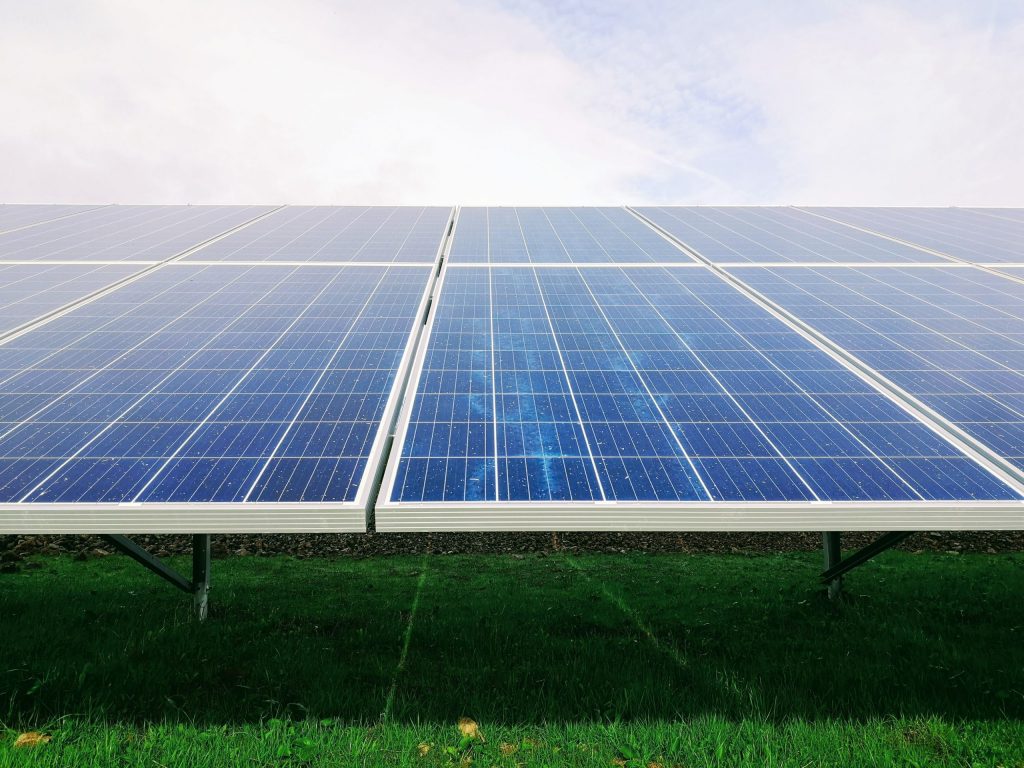Installing solar panels can be an effective way to reduce your carbon footprint, save on electricity and even make you a little money in the process. However unlike the rest of the home and its amenities, solar panels are not always owned by the proprietor.
The distinction between owned versus leased solar panels is very important when it comes to applying for a reverse mortgage. For this reason, during the initial reverse mortgage application call, the loan officer will inquire about solar panels and the manner in which the applicant has chosen to pay for them.
Owned Solar Panels:
Paid in Full
If a homeowner paid for their solar panels in full, then they are treated in the same manner as the rest of the home once they are fully paid off. Because the panels are entirely owned by the applicant, there are no strings attached and the reverse mortgage process may proceed without further complication.
HERO Loan
Many homeowners choose to finance the purchase of their solar panels using a loan. The Home Energy Renovation Opportunity program (HERO) enables homeowners to pay off their solar panels through property taxes. These loans place a lien on the home until the loan is fully repaid.
While laws are subject to change in the future, the HERO program is only available to homeowners in California, Florida and Missouri.
Leased Solar Panels:
UCC Lien
If a homeowner does not wish to buy solar panels, they can lease the panels from the manufacturer and still reap the benefits. To ensure the homeowner continues to pay for the panels, the manufacturer will typically place a Uniform Commercial Code (UCC) on the property. UCC liens protect manufacturers by establishing priority in the case of default.
UCC liens are currently accepted across all states within the U.S.
As mentioned, when then the homeowners pays in full, the solar panels pose no further complications in the reverse mortgage process. However, if a lien for the solar panels remains on the property, this lien takes precedence and must be permanently or temporarily removed in order to proceed with the reverse mortgage.
When refinancing a home, solar panel liens can be permanently removed by paying off the loan balance, and thus the solar panels become an asset. On the other hand, these liens may be temporarily removed for a reverse mortgage loan to take precedence and then added back as a subordinate lien.
To make for smooth underwriting, reverse mortgage applicants must be fully transparent in regards to the solar panels on their home. Applicants are expected to provide a copy of the solar panel agreement for the underwriter to review. This is important to ensure that there are no provisions on the agreement that interfere with the mortgage.
Do solar panels add value to the home?
Solar panels can increase the home’s value; however, again the distinction between ownership and leasing plays an important role here. Owning solar panels typically increase the appraisal value of the home because they are an actual improvement. Although, the adjustments are not always as large as expected because they are based on the comparable solar sales in the area. Contrarily, leased solar panels are not considered actual improvements and subsequently do not impact the appraisal value.
Leased panels require no installation or maintenance on the homeowners end; these are typically taken care of by the manufacturer. In comparison to owned solar panels, leasing does not save the borrower nearly as much on electricity as owned panels. However, solar panel owners are responsible for installation and maintenance fees.
